Yearly QB Rankings
| Year | # of Teams | # of Games |
|---|---|---|
| 32 | 17 | |
| 32 | 17 | |
| 32 | 17 | |
| 32 | 16 | |
| 32 | 16 | |
| 32 | 16 | |
| 32 | 16 | |
| 32 | 16 | |
| 32 | 16 | |
| 32 | 16 | |
| 32 | 16 | |
| 32 | 16 | |
| 32 | 16 | |
| 32 | 16 | |
| 32 | 16 | |
| 32 | 16 | |
| 32 | 16 | |
| 32 | 16 | |
| 32 | 16 | |
| 32 | 16 | |
| 32 | 16 | |
| 32 | 16 | |
| 31 | 16 | |
| 31 | 16 | |
| 31 | 16 | |
| 30 | 16 | |
| 30 | 16 | |
| 30 | 16 | |
| 30 | 16 | |
| 28 | 16 | |
| 28 | 16 | |
| 28 | 16 | |
| 28 | 16 | |
| 28 | 16 | |
| 28 | 16 | |
| 28 | 16 | |
| 28 | 15 | |
| 28 | 16 | |
| 28 | 16 | |
| 28 | 16 | |
| 28 | 16 | |
| 28 | 9 | |
| 28 | 16 | |
| 28 | 16 | |
| 28 | 16 | |
| 28 | 16 | |
| 28 | 14 | |
| 28 | 14 | |
| 26 | 14 | |
| 26 | 14 | |
| 26 | 14 | |
| 26 | 14 | |
| 26 | 14 | |
| 26 | 14 | |
| NFL-AFL Merger | ||
| 16 | 14 | |
| 16 | 14 | |
| 16 | 14 | |
| 15 | 14 | |
| 14 | 14 | |
| 14 | 14 | |
| 14 | 14 | |
| 14 | 14 | |
| 14 | 14 | |
| 13 | 12 | |
| 12 | 12 | |
| 12 | 12 | |
| 12 | 12 | |
| 12 | 12 | |
| 12 | 12 | |
| 12 | 12 | |
| 12 | 12 | |
| 12 | 12 | |
| 12 | 12 | |
| 13 | 12 | |
| NFL-AAFC Merger | ||
| 10 | 12 | |
| 10 | 12 | |
| 10 | 12 | |
| 10 | 11 | |
| 10 | 10 | |
| 10 | 10 | |
| 8 | 10 | |
| 10 | 11 | |
| 10 | 11 | |
| 10 | 11 | |
| 10 | 11 | |
| 10 | 11 | |
| 10 | 11 | |
| 9 | 12 | |
| 9 | 12 | |
| 11 | 13 | |
| 10 | 14 | |
| 8 | 14 | |
| 10 | 14 | |
| 11 | 17 | |
| 12 | 18 | |
| 10 | 14 | |
| 12 | 17 | |
| 22 | 17 | |
| 20 | 17 | |
| 18 | 14 | |
| 20 | 12 | |
| 18 | 12 | |
| 21 | 12 | |
| 14 | 6 | |

The JTA has predicted 26 of the last 28 MVP quarterbacks correctly. (Dak Prescott was statistical MVP over Lamar Jackson in 2023, and Drew Brees beat out Peyton Manning in 2009)
In 2015, Cam Newton won MVP with a Rank Sum of 7, barely beating out Tom Brady (9).
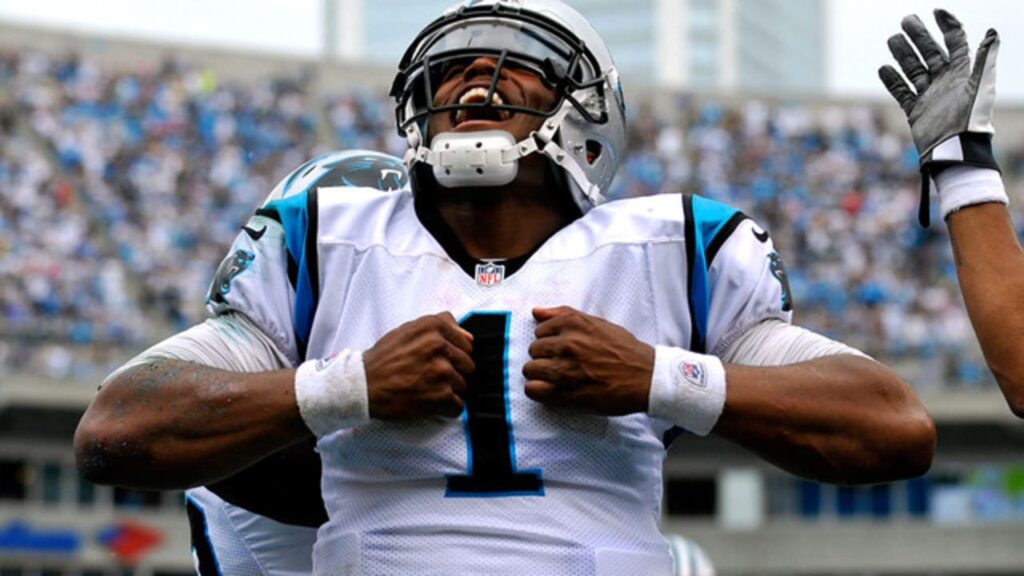
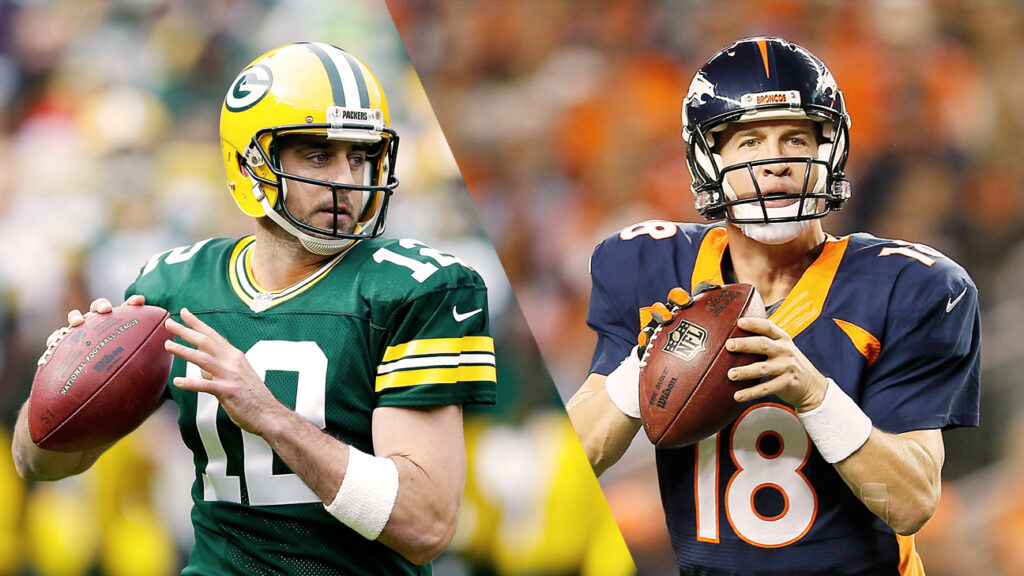
Peyton Manning and Aaron Rodgers have tied for the most career statistical MVPs with 5.
In 2007, Tom Brady went 16-0 and had the lowest Rank Sum in SB era with -2. Thanks to being first in Wins, Stats(x2), and Efficiency and a Win Bonus of -6.
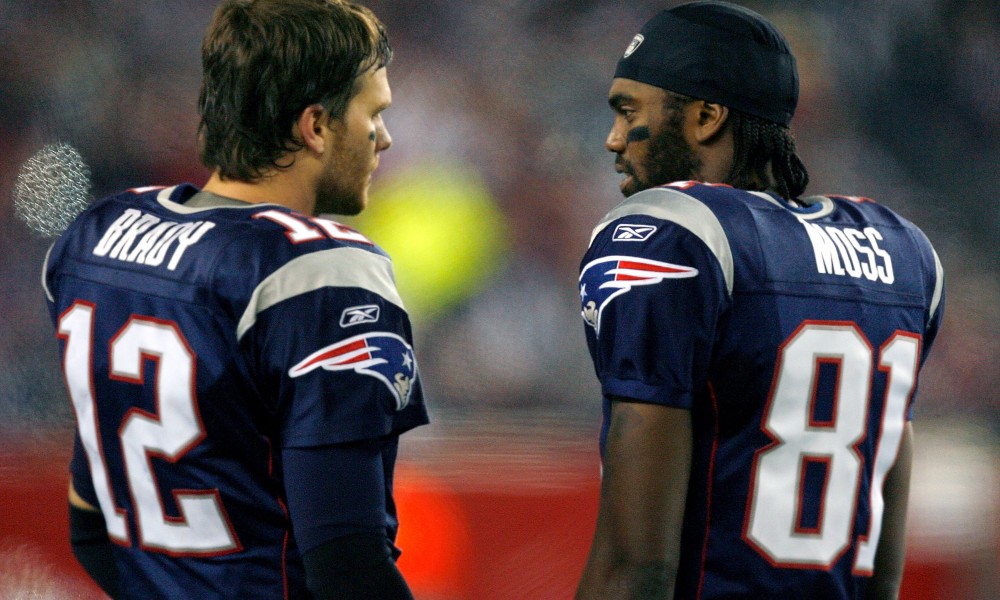
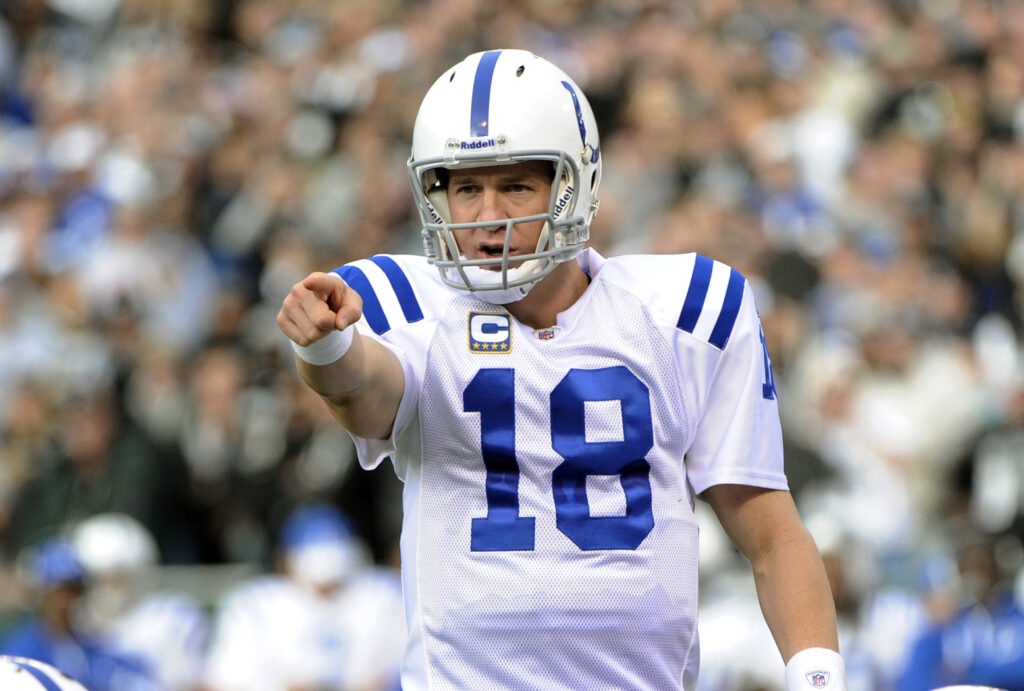
Peyton Manning had four straight statistical MVPs from 2002- 2006. Longest Streak of all time.
From 1999 to 2001, Kurt Warner finished as the 1st, 6th, and 1st best QB. The year he ranked 6th, he missed 5 games, dropping him down the rankings.
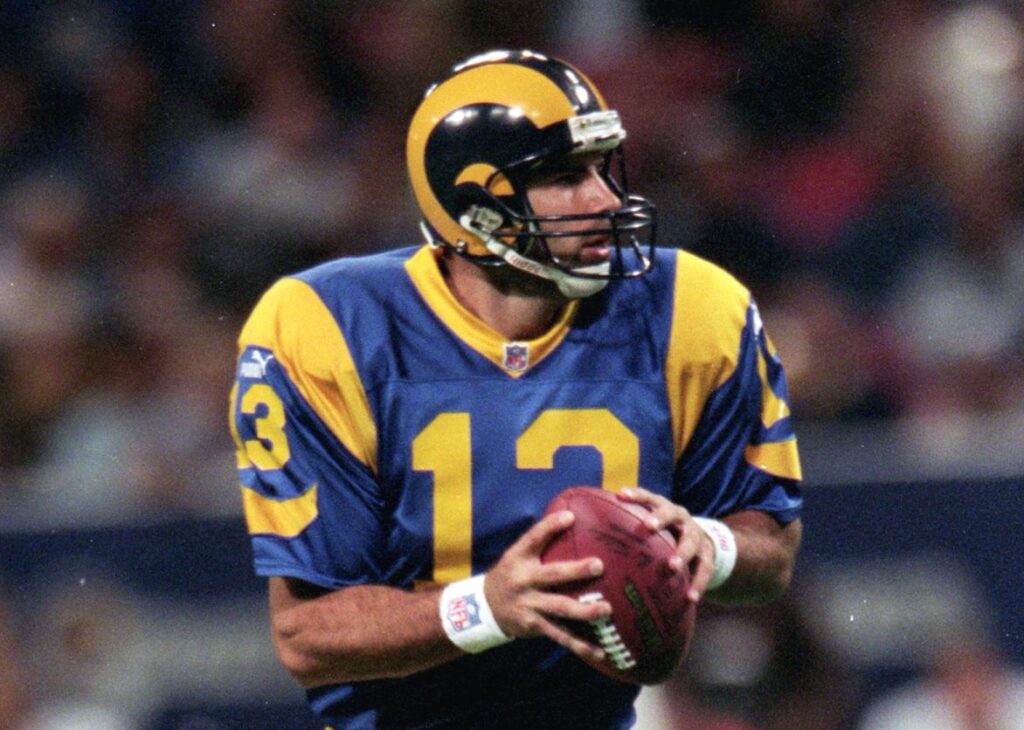
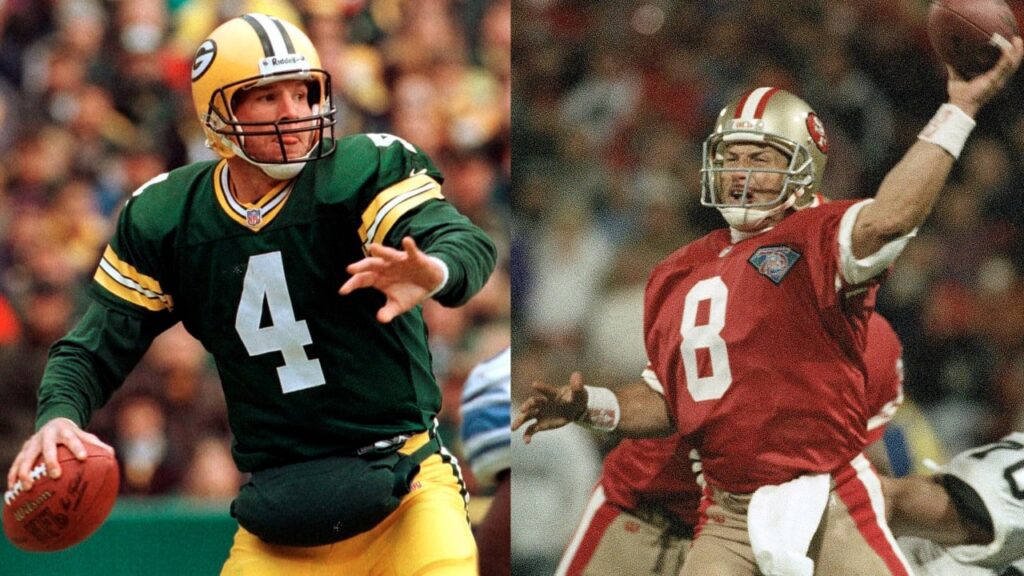
Steve Young was the singular best quarterback for three straight years from 1992-94. Brett Favre was the singular best quarterback for the next three from 1995-97.
Joe Montana was the statistical MVP in 1987, 1989, and 1990. He won the actual MVP in ’89 and ’90, in 1987 he split votes with his top WR Jerry Rice and the MVP fell to John Elway.
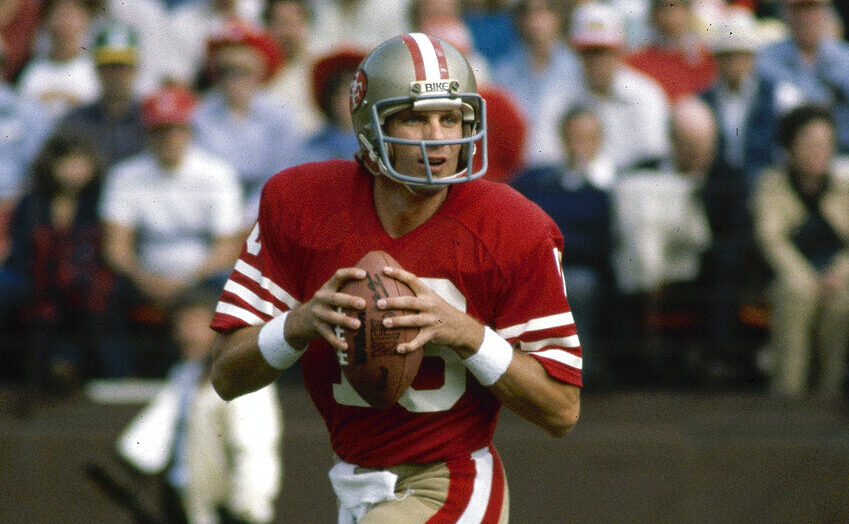
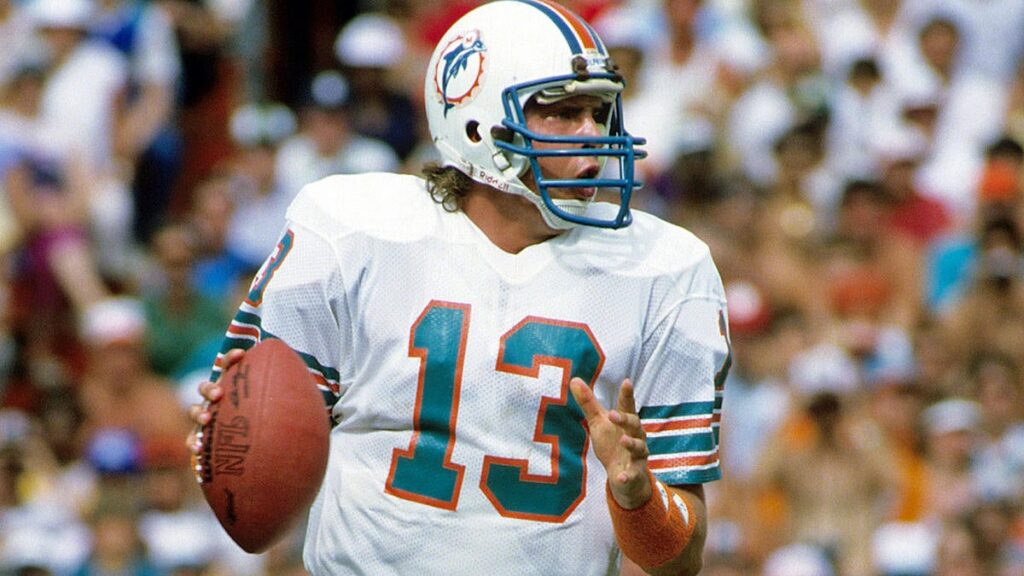
In 1986, Dan Marino was the statistical MVP, but his team only went 8-8 so the award was given to DE Lawrence Taylor.
In 1982, the best QB was Dan Fouts, but instead of giving the MVP to the best player at the most important position it was given to kicker Mark Moseley.
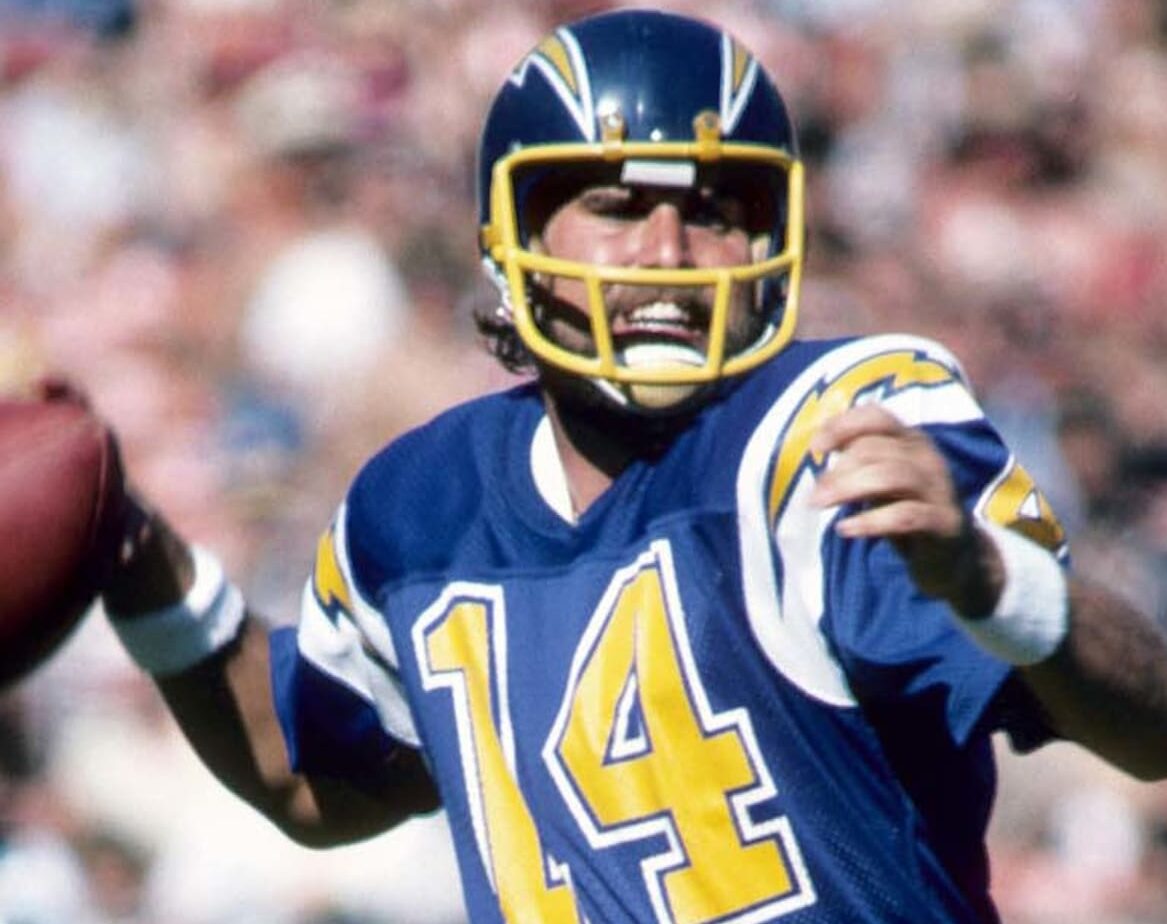
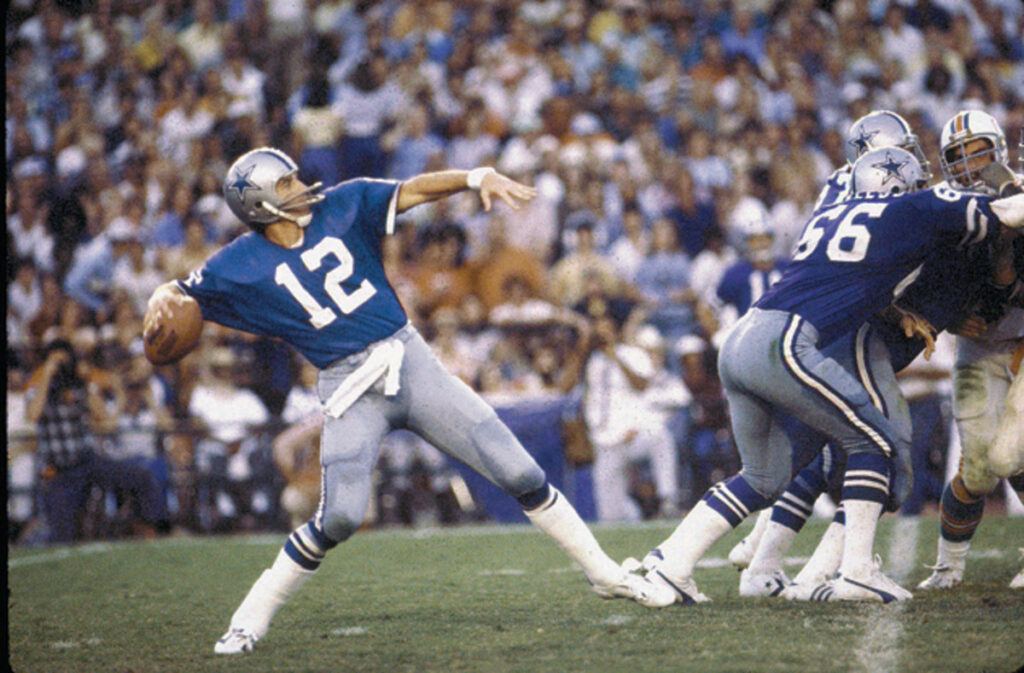
Roger Staubach was the statistical MVP four times in his career, but the MVP was awarded to a different position every time: 1971 (DT, Alan Page), 1973 (RB, OJ Simpson), 1977 (RB, Walter Peyton), and 1979 (RB, Earl Campbell).
1972 was a very rare year where no QBs qualified for an All Pro season (only other time it happened in SB era was 2008 season). Billy Kilmer was the best QB but didn’t qualify for a statistical MVP because he didn’t have an All Pro year.
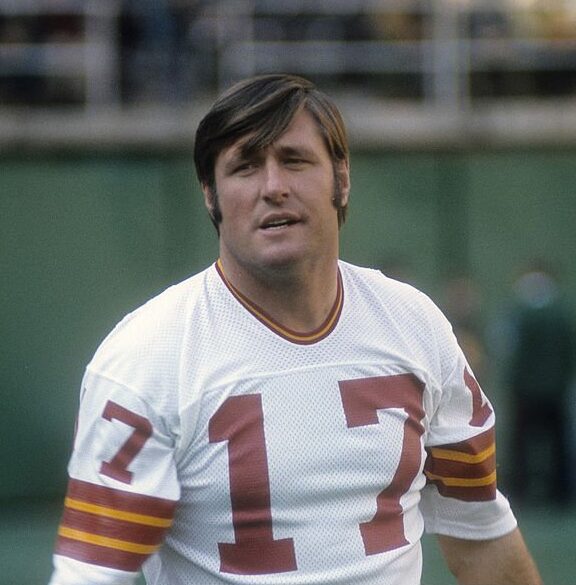
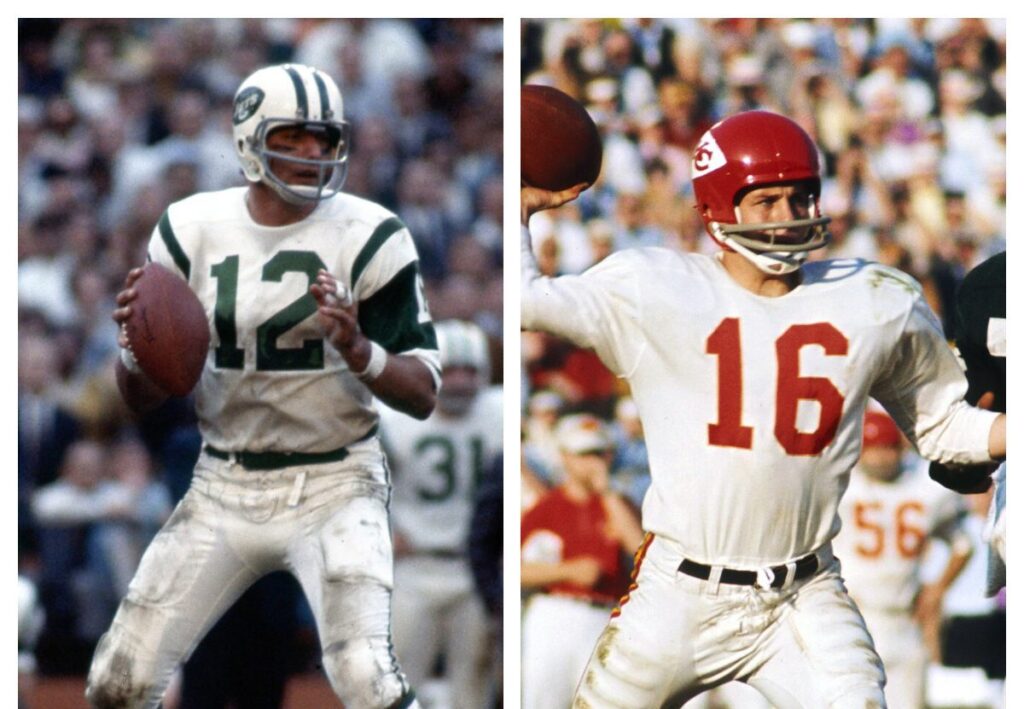
The JTA focuses exclusively on the NFL so it doesn’t include stats from other leagues. Joe Namath and Len Dawson have their careers brought over to see roughly were they stacked up, but their individual yearly stats aren’t here.
Y.A. Tittle was the back to back statistical MVP in 1962-63, he was 36-37, the oldest back to back winner until Aaron Rodgers’ age 37-38 in 2020-21. (Staubach & Manning each had multiple MVPs in age 36-37, in 1978-79 and 2012-13 respectively)
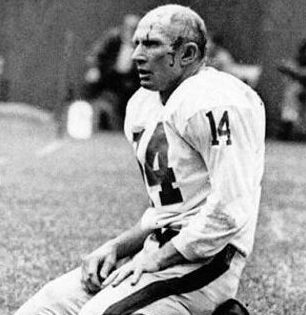
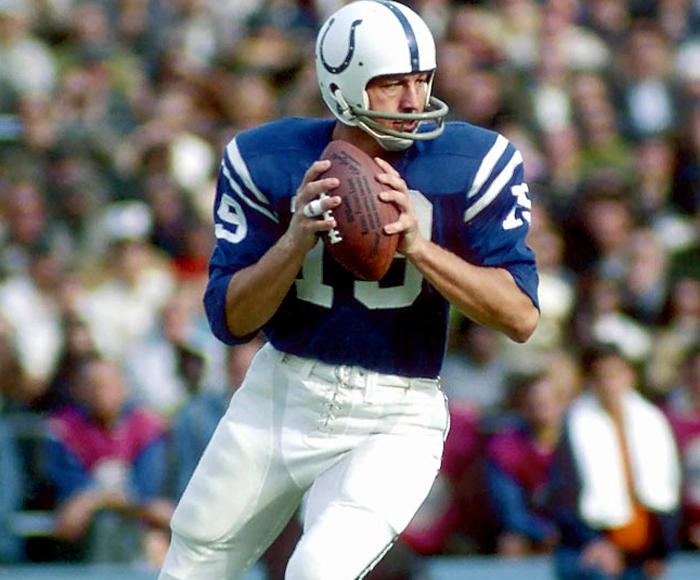
From 1957-1959, Johnny Unitas was the back-back-back statistical MVP winner. He finished his career with 4 statistical MVPs, 3rd most ever behind Manning (5) and Rodgers (5). (Roger Staubach is tied with 4)
From 1951-55, Otto Graham was the best quarterback for 5 straight years, longest streak in NFL history. In that stretch he picked up 3 statistical MVPs, barely not qualifying for an All-pro year in ’52 and ’54 to prevent 5 MVPs.
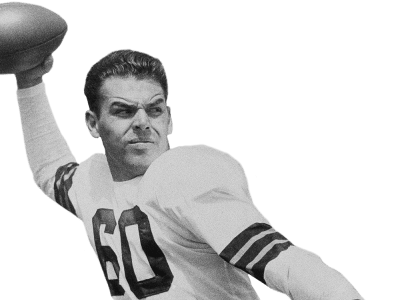
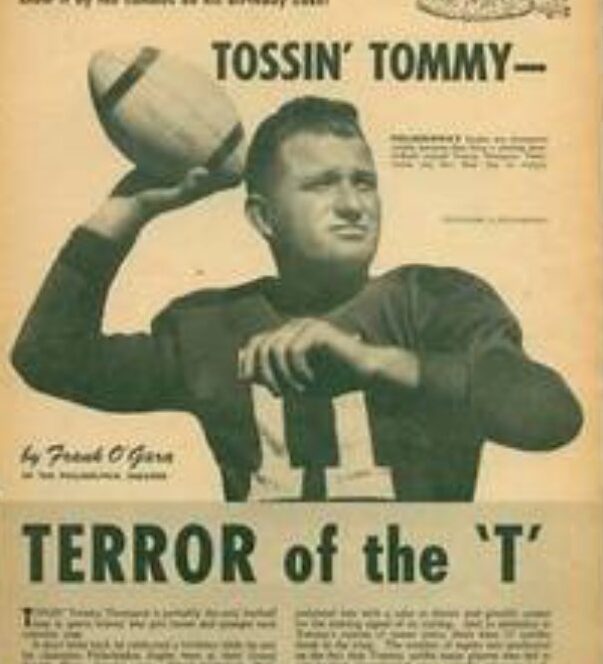
From 1948-49 Tommy Thompson finished as the 1st and 2nd best Qb respectively, and led the Eagles to back to back championships. In 1949, the Eagles went 11-1, winning their final 9 games (including the championship) all by two scores or more.
From 1943-47, Sid Luckman was the best quarterback in 3 of the 5 years, picking up two statistical MVPs. He also won 4 championships in 1940, 1941, 1943, and 1946. The 1940 championship game was a historic 73-0 win for the Bears over Sammy Baugh and the Redskins.

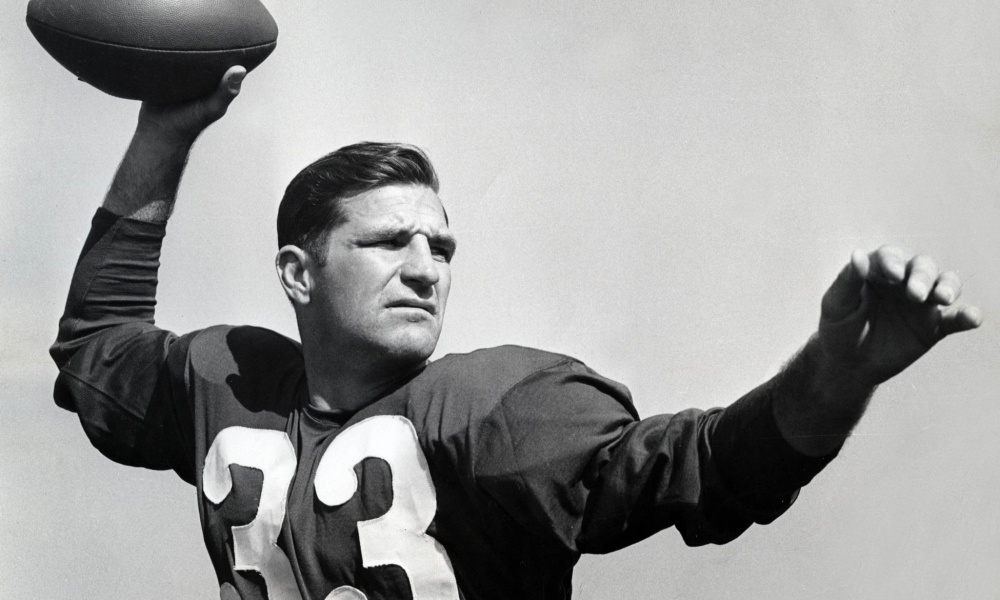
Washington Redskins legend Sammy Baugh won two statistical MVPs in 1940 and 1945, and led the Redskins to five championships in the 30s and 40s, winning two of them.
From 1927-1930, Benny Friedman had 54 passing TDs, second place was Red Dunn with 23.
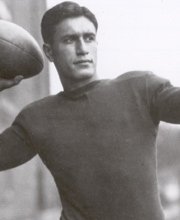
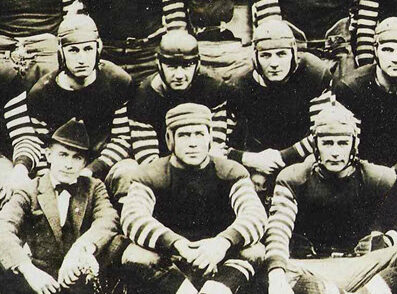
Pudge Wyman, is the first player every credited with a passing touchdown on Oct. 10th, 1920.
